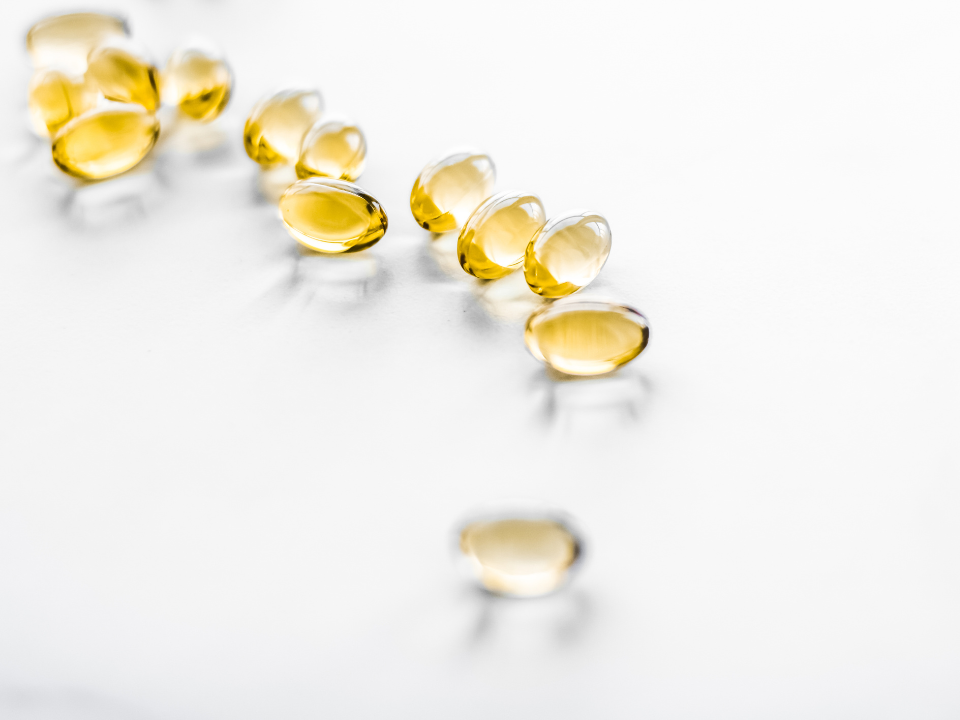Vitamin D is essential to our health
We need this nutrient to maintain health in our bones and other parts of our bodies. Vitamin D helps absorb the calcium we eat from food or mineral supplements. Some naturally have a good supply of vitamin D, but many get our daily intake from the sun. Vitamin D helps muscles move, nerves communicate, immune systems to recognize threats and bones to prevent osteoporosis – a condition of weak and brittle bones in our advancing age.
As a doctor I frequently get asked how much vitamin D should a person intake on a daily basis. This table below suggests the daily vitamin D requirements throughout the various stages of life. Note that these values are the MINIMUM suggested daily amounts to prevent poor bone health.
In the 1930’s Depression era, small children were getting very serious bone problems mostly known as rickets which causes bones to be brittle and malformed. Since this time, a considerable amount of foods we buy at the supermarket are fortified with vitamin D such as orange juice and ready-to-eat breakfast cereals. Fortification programs improved the odds that these children would grow up with stronger bones.
What foods can we eat to reliably get a wholesome amount of vitamin D?
Fatty fish such as salmon, tuna and mackerel are among the best sources of vitamin D. Other foods rich in vitamin D include: peppers, avocados, sweet potatoes, broccoli, squash, peaches, eggs, meat, and carrots. You’ll get over 200 IU of vitamin D just by having a bowl of low-calorie cereal with 4 ounces of milk and a refreshing glass of orange juice. Some mushrooms varieties are now having their vitamin D levels boosted for our benefit by being exposed to ultraviolet light before they come to the marketplace.
You can know if you are not getting a sufficient amount of vitamin D by getting blood work. If your test results reveal a number in the insufficient range, the treatment is simply to take vitamin D3. Some special considerations are given to infants and babies under 12 months of age.
The current AAP recommendation (American Academy of Pediatrics) is that all infants and children should have a minimum intake of 400 IU (International Units) of vitamin D per day beginning soon after birth.
- If your baby is exclusively or partially breastfed: He or she receive 400 IU of supplemental vitamin D daily, beginning in the first few days of life. Supplementation should continue until he or she is weaned to at least 1 qt (1 L) of whole milk per day. Whole milk should not be used until after 12 months of age.
- If your baby is on infant formula: All formulas sold in the United States have at least 400 IU/L of vitamin D; so if your baby is drinking at least 32 ounces of formula, vitamin D supplementation is not needed. Whole milk should not be used until after 12 months of age.
I encourage you to talk to your primary care doctor about your interest in, questions about, or use of dietary supplements and what may be best for your overall health.
Where can I find out more about vitamin D?
For general information on vitamin D:
- Office of Dietary Supplements Health Professional Fact Sheet on Vitamin D
- Vitamin D, MedlinePlus®
For more information on food sources of vitamin D:
- U.S. Department of Agriculture’s (USDA’s) National Nutrient Database
- Nutrient list for vitamin D (listed by food or vitamin D content), USDA
For more advice on buying dietary supplements:
Office of Dietary Supplements Frequently Asked Questions: Which brand(s) of dietary supplements should I purchase?
The information provided is for general interest only and should not be misconstrued as a diagnosis, prognosis or treatment recommendation. This information does not in any way constitute the practice of medicine, or any other health care profession. Readers are directed to consult their health care provider regarding their specific health situation. Marque Medical is not liable for any action taken by a reader based upon this information.




